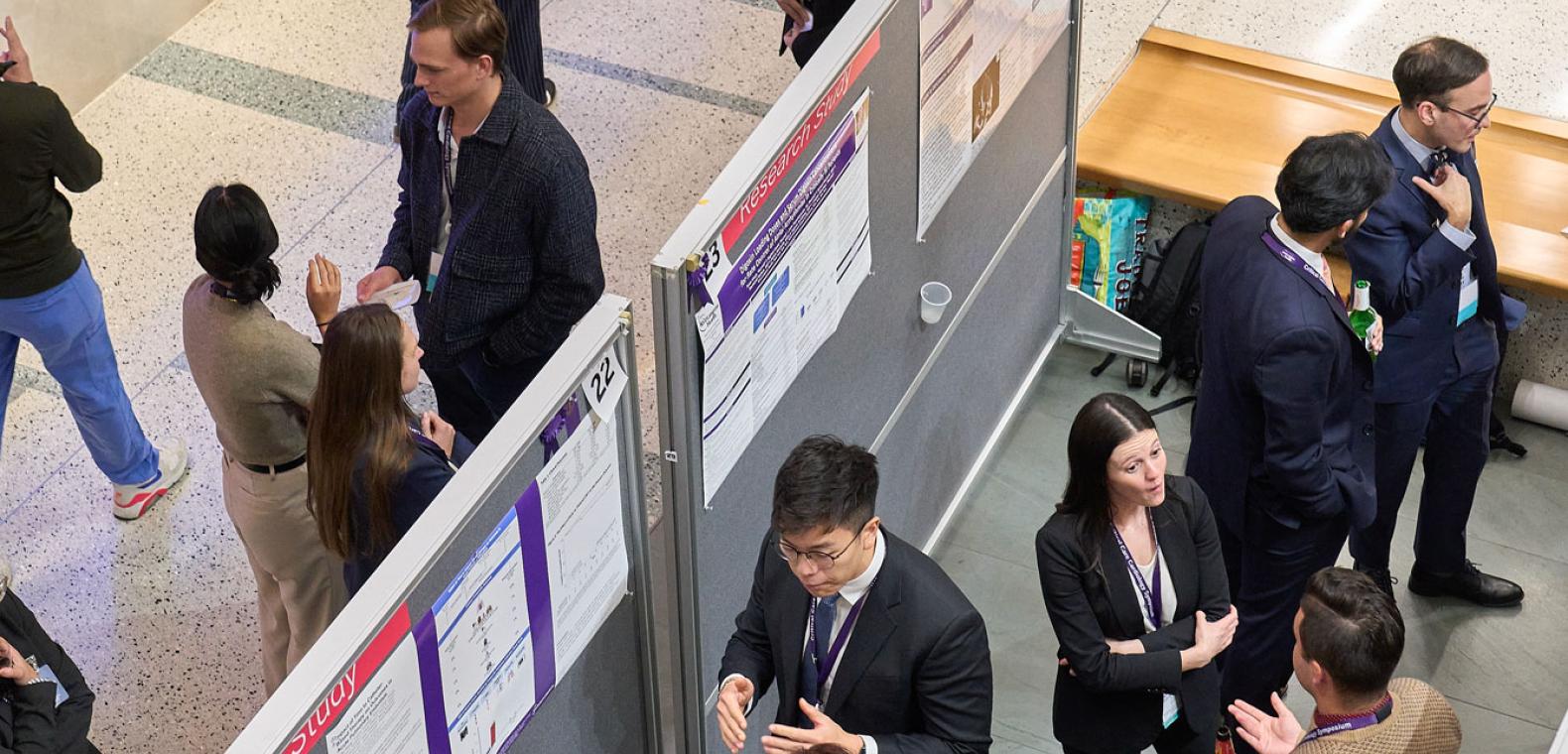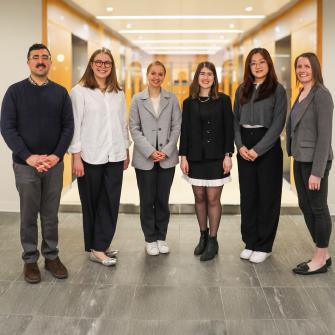
Meta-Research Collaborative Evidence Synthesis Resource
At NYU Langone’s Meta-Research Collaborative, our research team includes evidence synthesist Gregory Laynor, PhD, MLS, who collaborates with researchers across the institution to develop and implement evidence synthesis methods such as systematic reviews and scoping reviews.
Dr. Laynor is course director of the Systematic Reviews and Meta-Analysis course in the Department of Population Health and Vilcek Institute of Graduate Biomedical Sciences. His current research focuses on the validation and implementation of artificial intelligence (AI) in literature reviews and evidence synthesis. He is editor of the Cochrane Evidence Synthesis & Methods journal’s special issue on AI in Evidence Synthesis.
What is Evidence Synthesis?
As defined by Evidence Synthesis International: “Evidence synthesis uses formal explicit rigorous methods to bring together the findings of studies already completed and to provide an account of the totality of what is known from pre-existing research. Evidence synthesis clarifies what is known and not known about a research question.”
Types of evidence synthesis include systematic reviews (which combine and appraise evidence from multiple studies to more rigorously answer a research question) and scoping reviews (which comprehensively identify and map what evidence is available on a research question). To combine research findings and identify research trends, evidence syntheses may utilize bibliometrics (data on where research is published and how it is cited), data visualization, quantitative methods (such as meta-analysis), qualitative methods (such as thematic analysis), and mixed methods.
What Are Evidence Synthesists?
Because evidence synthesis involves multiple steps (search strategy, study screening, data extraction, critical appraisal of evidence, and synthesis of findings), it typically requires an interprofessional team to plan and conduct (e.g., a librarian, a statistician, and a content expert). In addition to those who contribute their particular expertise to part of an evidence synthesis project, there are specialists—evidence synthesists—who have an understanding of the whole process of evidence synthesis.
How Does a Research Team Benefit from Including an Evidence Synthesist?
An evidence synthesist can guide a research team in planning and implementing an appropriate evidence synthesis method for their specific needs (e.g., identifying methods for combining data from existing studies, locating research gaps, or integrating research across disciplines). Evidence synthesists can develop evidence synthesis study protocols (as journals increasingly require a pre-registered protocol for review articles) and ensure that the methods comply with publication requirements for rigor and reproducibility.
Examples of Evidence Synthesis Projects
Examples of evidence synthesis projects include the following studies.
Ebrahimi P … Heffron SP. Suicide and self-harm events with GLP-1 receptor agonists in adults with diabetes or obesity: a systematic review and meta-analysis. JAMA Psychiatry. 2025. DOI.
Kemp M … Leader AE. Barriers to telehealth uptake and use: a scoping review. JAMIA Open. 2025. DOI.
King C … Choi S. Strategies to improve delivery of equitable and evidence-informed care for pregnant and birthing people with a substance use disorder in acute care settings: a scoping review protocol. PloS One. 2024. DOI.
Chan SW … Yi SS. Nutrition and diet in the general U.S. Asian American population: A scoping review protocol. PloS One. 2024. DOI.
Interested in Collaborating with an Evidence Synthesist?
Contact Dr. Laynor at Gregory.Laynor@NYULangone.org to discuss your project and how an evidence synthesist may benefit your research.
Our Research

Collaborative News

Our Network

Join Our Collaborative

Our Team
